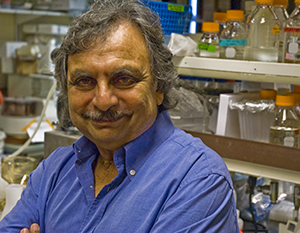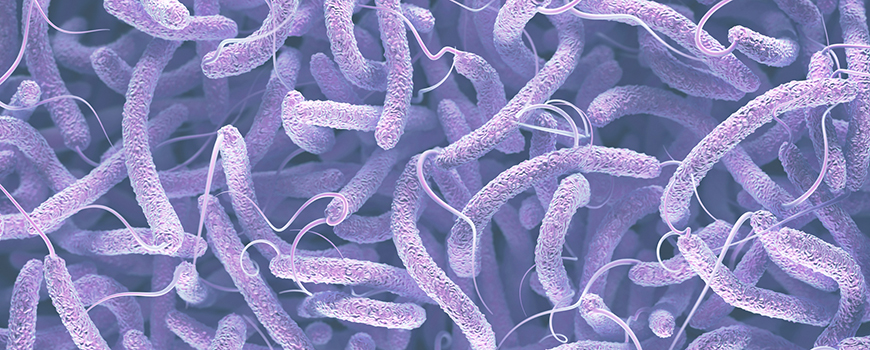
“Transformative discoveries have been made on marine microbes and their ecosystem roles that are relevant to climate change,” said Scripps microbiologist Farooq Azam, a co-author of the paper, “so one motivation was to make this knowledge broadly accessible to climate scientists, policymakers, and the public. And studying ecosystem actions of the ‘unseen’ organisms offers formidable yet exciting challenges.”
With their statement, the researchers are hoping to raise awareness both for how microbes can influence climate change and how they will be impacted by it – calling for including microbes in climate change research, increasing the use of research involving innovative technologies, and improving education in classrooms.
“Micro-organisms, which include bacteria and viruses, are the lifeforms that you don’t see on the conservation websites,” said Cavicchioli.“They support the existence of all higher lifeforms and are critically important in regulating climate change.However, they are rarely the focus of climate change studies and not considered in policy development.”
Cavicchioli calls microbes the “unseen majority” of lifeforms on earth, playing critical functions in animal and human health, agriculture, the global food web, and industry.
For example, the Census of Marine Life estimates that 90 percent of the ocean’s total biomass is microbial. In the oceans, marine life forms called phytoplankton take as much light energy from the sun and remove carbon dioxide from the atmosphere as plants on land. The tiny phytoplankton form the beginning of the ocean food web, feeding krill populations that then feed fish, sea birds and large mammals such as whales.
Beyond the ocean, microbes are also critical to terrestrial environments, agriculture and disease.
In their statement, the scientists call on researchers, institutions and governments to commit to greater microbial recognition to mitigate climate change.
“The statement emphasizes the need to investigate microbial responses to climate change and to include microbe-based research during the development of policy and management decisions,” said Cavicchioli.
Microbiologists can endorse the researchers’ warning by becoming signatories here: https://www.babs.unsw.edu.au/research/microbiologists-warning-humanity .
– Adapted from University of New South Wales release






修改评论